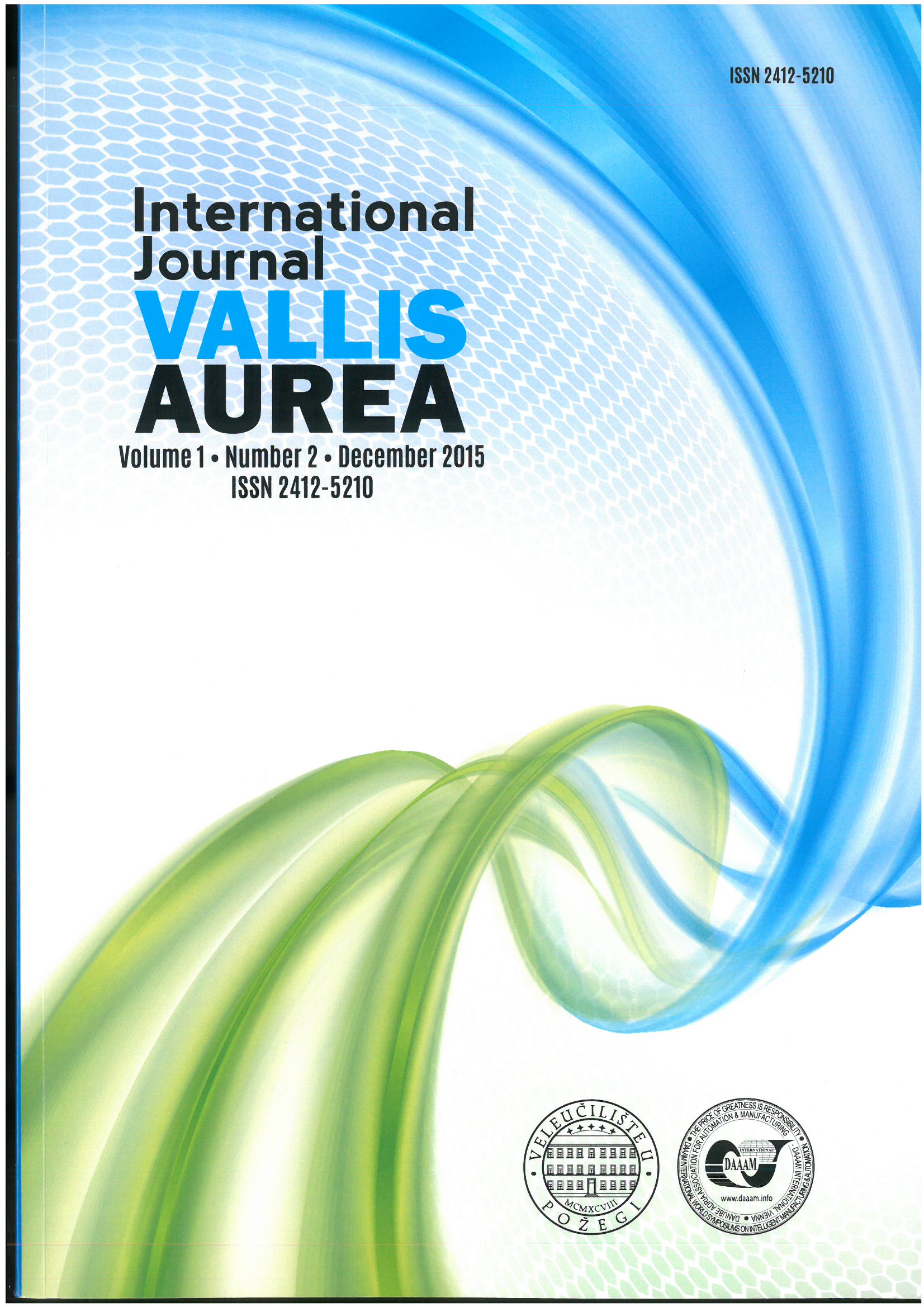Survey of Research on East Asian Leadership Patterns and Disaster Management
DOI:
https://doi.org/10.2507/IJVA.1.2.7.18Keywords:
disaster management, leadership, East Asia, TaiwanAbstract
This research paper is focused on the qualities of leadership exhibited by public administrators in the field of emergency management in East Asia, particularly in the Chinese and Japanese cultures, and how they navigate the uncharted waters of this new field in a traditional culture. Beginning with a general examination of the cultural and societal influences on the position of leader and the qualities demanded of that position, the research narrows to the specific field of emergency management and how administration in this realm is accomplished given a) the relative newness of the field itself, and b) the cultural barriers in East Asia to the widespread embrace of such disaster mitigation initiatives.
By using a comparative approach, the differences between organizational needs and hence leadership styles is more easily highlighted, and therefore a comparison of leadership in Taiwan, as representative of Chinese culture, with Japanese leadership becomes instructive. How do public administrators in these cultures see their leadership roles, and what are the salient differences in these perceptions? Such research has important implications for the growing field of disaster management studies, practice, and multinational interoperability.
Downloads
Published
How to Cite
Issue
Section
License

This work is licensed under a Creative Commons Attribution-NonCommercial-NoDerivatives 4.0 International License.
Authors of papers for publishing in the journal agree under a Creative Commons Attribution-NonCommercial-NoDerivatives 4.0 International License.https://creativecommons.org/licenses/by-nc-nd/4.0/







